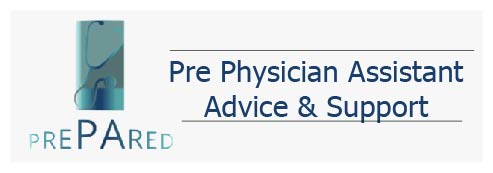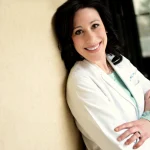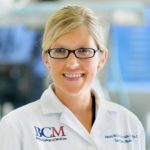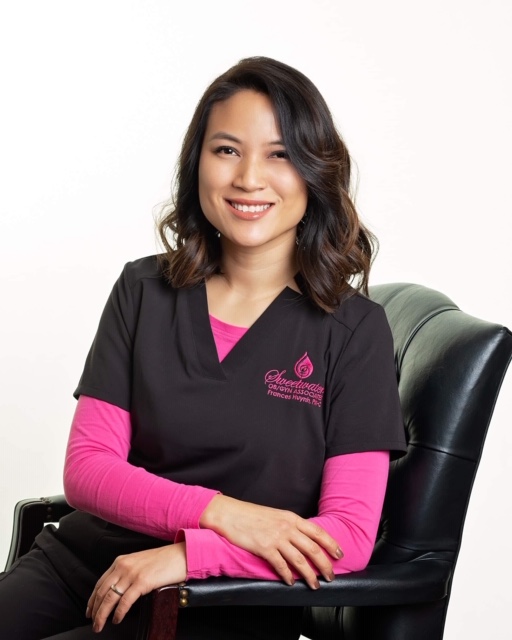A Day in the Life of a Breast Surgical Oncology PA
Breast Surgical Oncology
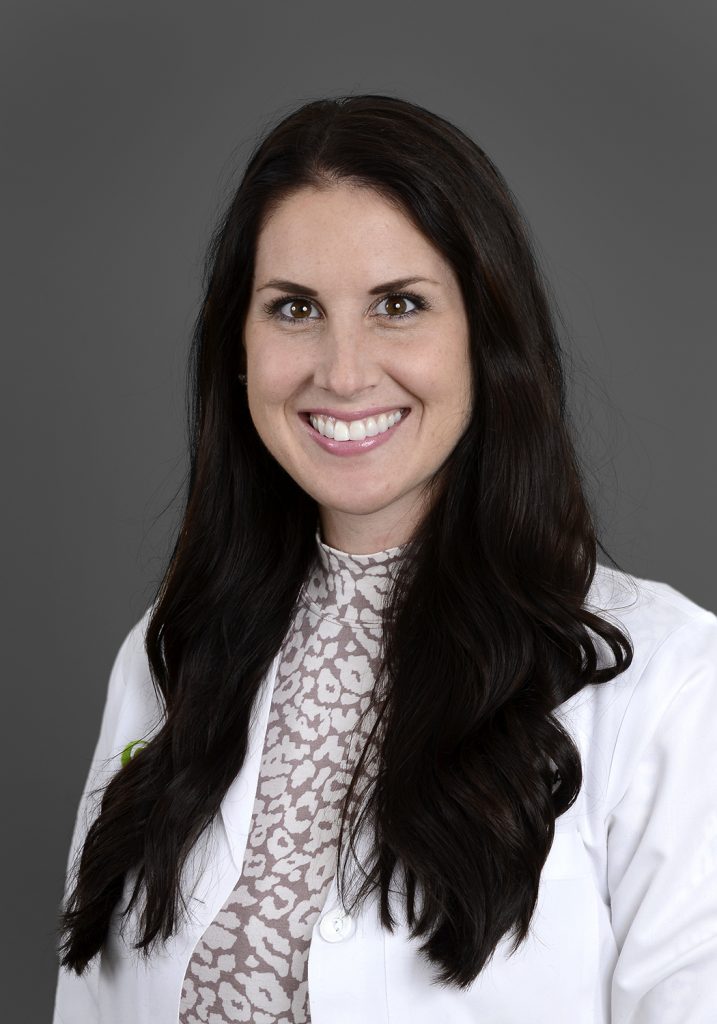
1. What is your specialty? Where do your work?
I’m a Breast Surgical Oncology PA at The West Cancer Center in Germantown, TN
2. What is a typical day like? What hours/days do you work/total hours a week?
I work 40-50 hours/week, Monday – Friday; no holidays, weekends or call. I work primarily in the clinic setting except for rounding at the hospital on our post-mastectomy patients. The surgery schedule changes on a weekly basis therefore I may go to the hospital anywhere between 0-4x/week. I generally work 8:30 am-5:30 pm, but occasionally I will start my day as early as 6:00 am dependent on how many patients I have to see a the hospital. Despite being a surgical PA, I do not actually scrub on cases at this time. I’m in clinic with my supervising MD (seeing New patients and follow-ups) Mondays, Tuesdays and Thursdays and have my own clinic schedule on Wednesdays and Fridays (seeing follow-ups). I may eventually train with my supervising MD in the OR, but the work life balance that I have established with my current schedule is ideal for this time in my life as a new mom.
3. What attracted you to your particular specialty originally?
I didn’t know that breast surgical oncology existed as a specialty until I was referred here as a patient myself. My results were thankfully benign, and coincidentally along the way I learned that they were trying to fill an APP role for their new surgeon. One thing led to another and I’ve been here for nearly 7 years now. I’m so grateful for the chance encounter because I truly believe I was meant for this role in Breast Surgical Oncology.
4. What do you find most interesting about your current specialty?
I love that I get to treat patients with both benign and malignant breast disease. It’s rewarding seeing the relief on the face of the woman who I can reassure does not have cancer as well as the joy on the face of a woman who had her first normal mammogram after breast cancer treatment.
5. What special skills are required? Skills you learn once you were hired?
I didn’t have any experience in breast care, surgical care or oncology before this role, so I had a lot to learn on the job. Through independent study and on the job training, I felt comfortable and confident about 6 months into my role. One of the most difficult skills to master was breast ultrasound as I had minimal exposure to ultrasound in PA school. We rely heavily on diagnostic ultrasound in addition to mammograms to evaluate new breast lumps. I took a course in breast ultrasound and after a lot of practice I can confidently perform bedside breast ultrasounds.
6. What do you like most about being a PA?
First and foremost, I love helping people. My goal with each patient is to make a stressful and scary experience as easy as possible by being informative and approachable. I also like the balance and flexibility of being a PA. I worked in Cardiology for 3 years before switching to breast surgical oncology. It’s wonderful that as a PA you can make a move between two completely different specialties without having to go back to school.
7. What are the challenges of your particular specialty?
Every week I have to call patients to tell them that they have breast cancer. I’m very sensitive to the fact that the person’s life on the other end of the line will be forever changed by my call.
8. Any other advice you’d like to share?
Don’t be afraid to specialize. I think many PAs are hesitant to take highly specialized jobs for fear of becoming less marketable for other roles in the future, but I believe that the flexibility of being a PA and the opportunity for on the job training allows for easy movement between specialties.
